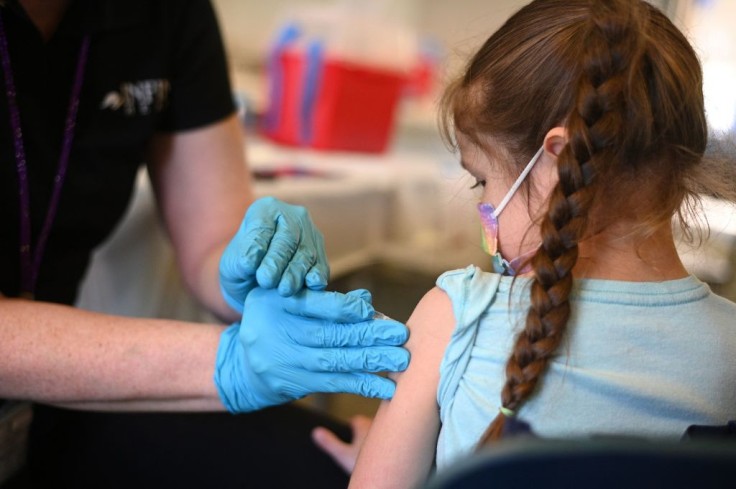
Caring for children, especially when they fall ill, can be an anxiety-inducing experience.
Every parent wants the best for their child, and in a world saturated with endless advice and opinions, discerning the right course of action becomes a challenge.
Here, we are debunking child care myths that have been long-standing in many households. A renowned Harvard Pediatrician, Dr. Kelly Fradin, offers sage advice on what not to do with sick kids to ensure they recover swiftly and healthily.
Myth 1: A Fever Always Requires Immediate Medical Attention
One of the most common reactions to a child running a fever is to rush them to the emergency room. However, according to our Harvard Pediatrician, fever is the body's natural response to fighting off infections.
The key is to monitor your child's behavior and overall well-being. If they are active and hydrated, sometimes it's best to let the fever run its course. Panicking and administering medication when it's not necessary can sometimes do more harm than good.
Myth 2: Only Prescribed Medications Can Help
Many believe that over-the-counter medications aren't potent enough to deal with sick kids. In reality, sometimes simple remedies can work wonders. The Harvard pediatrician we consulted emphasized that not every illness requires prescription medication. Something as simple as honey can be an effective remedy for a cough in children over the age of one. It's crucial to understand the illness and apply treatments that are both safe and effective.
Myth 3: Keeping Sick Children Active Will Speed Up Recovery
Debunking child care myths such as this one is essential. The notion that keeping children active when they're unwell will help them 'sweat out' the illness is a misconception.
Rest is crucial for recovery. While it's essential to keep sick kids engaged, it's equally important to ensure they get plenty of sleep to rejuvenate their bodies.
Myth 4: All Sick Children Must Eat, Even if They Aren't Hungry
It's a common belief that feeding sick kids will give them the strength to recover faster. However, according to Dr. Kelly Fradin, it's essential to respect a child's appetite. If they aren't hungry, it's okay. The primary focus should be on keeping them hydrated. Fluids can provide them with the necessary nutrients to recover.
Read Also: Family-Friendly Movies: 10 Entertainment for Both Kids and Parents
Myth 5: Old Wives' Tales Are Always Right
From putting onions in socks to rubbing the chest with specific oils, every culture has its old wives' tales. While some may have beneficial effects, it's crucial to understand the scientific reasoning behind them. Before administering any unconventional treatments, our Harvard pediatrician recommends cross-checking their validity. This ensures that we are doing right by our sick kids and not unintentionally causing harm.
In conclusion, parenting comes with its own set of challenges, and one of the most daunting tasks is determining what not to do with sick kids.
By debunking child care myths, parents can be better informed and make decisions that are in the best interests of their children. Harvard pediatrician Dr. Kelly Fradin emphasizes that it's essential to approach child care with a balance of traditional wisdom and scientific knowledge. When in doubt, always consult a trusted medical professional.
Remember, every child is unique, and what works for one may not work for another. It's essential to understand your child's specific needs and care for them accordingly.
Related Article: Learning Through Play: Fun Activities that Boost Child Development